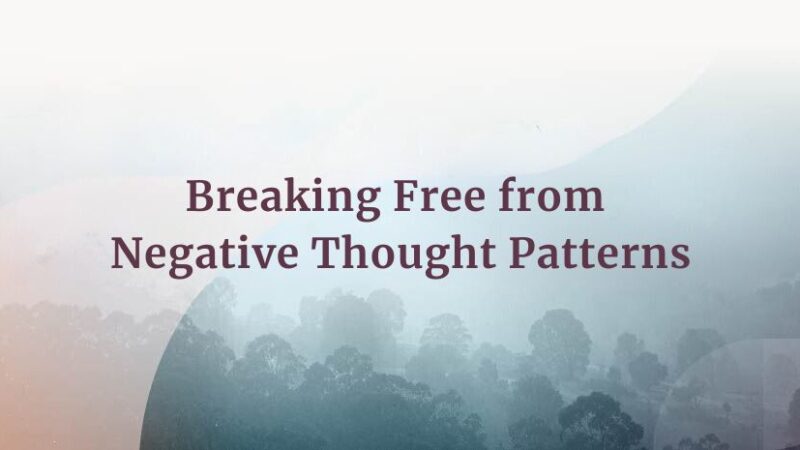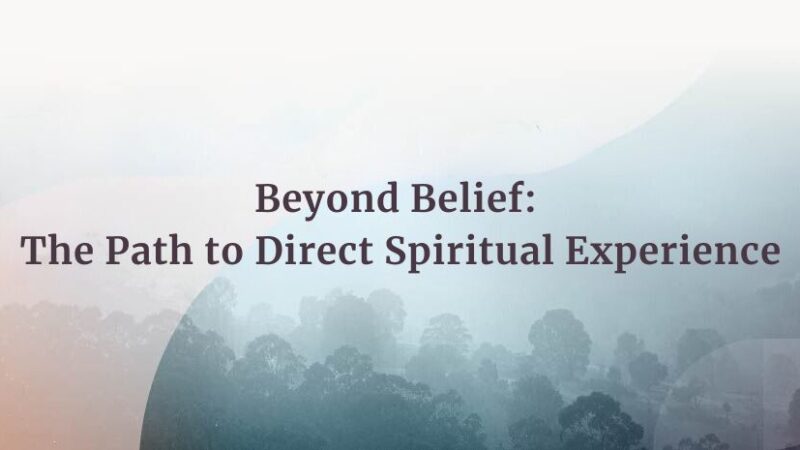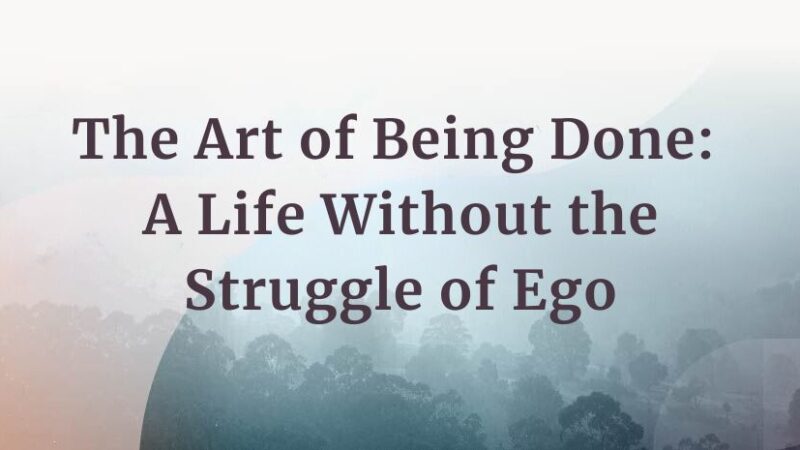
When to say “No” & “Yes”
One of the most exhausting stress loops for women starts with saying “yes” when we feel “no”. Becoming your most authentic self is the first step to learning what a “no” and a “yes” feel like in your body. We often tell women to say no more, but equally as troublesome is that we also don’t feel and then follow our yeses.
Here’s a quick way to practice sensing what “yes” and “no” feel like to you:
- Put your hand on your heart and gut.
- Place your attention at the space between your eyebrows (your third eye).
- Inhale from the space between your eyebrows to the base of your spine, while mentally saying “Sooooo.” Then exhale from the base of your spine to the space between your eyebrows while mentally saying the sound, “Hummmmm.” Repeat twice more.
- Be still as you rest your attention on your third eye for 20 to 30 seconds.
- Call up a question you want an answer to, and see if you feel a “yes” or “no.”
For women who have lots of decisions to make, like mothers, I often suggest making a list of all the things stressing them out, and then, on the same day every week, doing this practice, seeing if they get a “yes” or “no” for each item on the list. This is also a great practice to do weekly when you’re pregnant, because giving birth centered in your true self, knowing your “yes” and “no,” is the best gift you can give your baby.
Using this practice to help make decisions will help you stop overdoing. You begin with feeling, drop your ego, and then, from your true nature, make decisions that end the worn-out feeling. Beware of mistaking things you love to do as a “yes.” For example, many of the creative moms I work with love to cook, but when they use this practice to ask whether they want to stay up cooking cupcakes late at night for their children’s school when they have work the next day, the answer they get might well be “no.”
Sometimes you may be faced with a difficult “no”: your inner wisdom will tell you that saying “no” to something will liberate time, but saying “no” may not feel good right away or may disappoint someone. If this happens, I encourage you to say “no” anyway. If you want to feel well-rested, you need to make the choice that supports your wholeness.
Love Yourself First
Most of us have heard flight attendants on an airplane say, “Put your own oxygen mask on first, and then secure your loved one’s.” This is an important message that well-rested women get in every bone of their bodies: love yourself first. The first thing your loved ones need is a healthy you. Here are two ways to do that.
- Give Kindness
- When you’re spinning in mental loops and stressed out, it’s hard to be kind to yourself or others. But as I always say after yoga nidra, I feel like I drank a cup of kindness. To capitalize on and reinforce this feeling, repeat this loving-kindness meditation.
- Say to yourself:
- May I be happy.
- May I be safe.
- May I be free of physical pain and suffering.
- May I be able to recognize and touch harmony and joy in myself.
- May I nourish wholesome seeds in myself.
- May I be healthy, peaceful, and strong.
Notice how you feel in your body. When you’re ready, you can move on to saying the words for others: May (name of a loved one) be happy. May (he/she) be safe.
- Go on Wonder Dates
- Schedule quiet time for yourself. My friend and colleague Jeffrey Davis, of Tracking Wonder, a creative branding company, loves to say, “Wonder is not kid’s stuff. It’s radical grown-up stuff.” That’s right, taking time for wonder is an essential multi-vitamin for adults, too. It helps clear your mind and relax the body.
- What’s wonder? It’s a time to be curious, to not know something. It’s the gratitude and amazement we feel when we see a shooting star or a beautiful full moon. Try finding a quiet space to read poetry, or sitting in a tree and then journaling about what you see and how it makes you feel. Many spots in nature call up wonder. Wonder sparks ideas, so the more time you spend in wonder, the juicer you will feel when you return to your everyday life.
- And if you think you don’t have time, think again. Jeffrey has two little girls, and as he says, he “sculpts time” for wonder by intentionally planning space to wonder into his calendar.
Looking for more great reads?


Excerpted from Daring to Rest, by Karen Brody.

Karen Brody is a speaker and the founder of Bold Tranquility, a company offering yoga nidra meditation for the modern women via downloadable products and workshops. Her work has been featured in Better Homes & Gardens, and she’s a regular contributor to The Huffington Post. She’s also a critically acclaimed playwright. Karen had a long personal history of severe panic attacks until she found yoga nidra meditation over a decade ago. At that time, she was a sleep-deprived mother of two small children on anti-anxiety medication. She signed up for a yoga nidra meditation class simply looking to lie down for a nap. What she got was “the best nap of her life.” As she continued to practice yoga nidra regularly, her deep fatigue lifted; she wrote a critically acclaimed play, got off anti-anxiety pills, and started to teach this yoga nidra “power nap” to every exhausted mother she knew.










